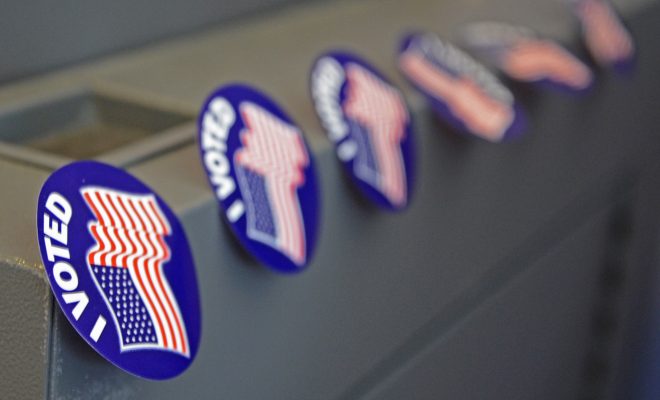 Image courtesy of KOMUnews; License: (CC BY 2.0)
Image courtesy of KOMUnews; License: (CC BY 2.0)
Elections
Election Day 2016: Top 5 Ballot Measures to Watch
Right now we all hear a lot of “Hillary Clinton this,” “Donald Trump that.” Love or hate Donald and Hillary, the 2016 presidential election has dominated our newsfeeds and happy hour conversations. And don’t get me wrong--the presidential election is incredibly important. But many of the laws that affect us on a day-to-day basis are made at the state level, often by our state legislators, but also by us, the American people. States give voters the opportunity to weigh in on important questions, and in some cases directly impact our state's laws through ballot measures. And there's a bunch up for grabs this year that millennials should be paying attention to. Learn more about ballot measures, and Law Street's picks for the top five types of ballot measures we should all be paying attention to below.
What is a Ballot Measure?
Generally speaking, a ballot measure is a public vote on a proposed issue or question that voters get to weigh in on. Rules about ballot measures vary from state to state and there are a few different ways that ballot measures end up on the ballot. One type, a ballot initiative, requires signatures from citizens who want to see the question weighed by voters. Another option is legislative referral, in which the legislature puts up a law it's considering to be voted on. In some states, this process is required to pass an amendment to the state constitution.
Why Should I Care About Ballot Measures?
They give you a chance to weigh in directly on issues. America's government is, at its core, a representative democracy. We elect people to make decisions for us, and we have to accept that sometimes we don't like those decisions. We, as millennials, routinely answer in polls that we don't trust the government, the path our country is on, or our elected officials.
But ballot initiatives are different--they're a real, legitimate way to vote on issues we care about. There's not really political middlemen to deal with. They're direct democracy. Regardless of how you feel about the politicians you'll be asked to vote for in November, it's important that you make your voice heard on these issues, many of which can and likely will affect millennials.










Comments